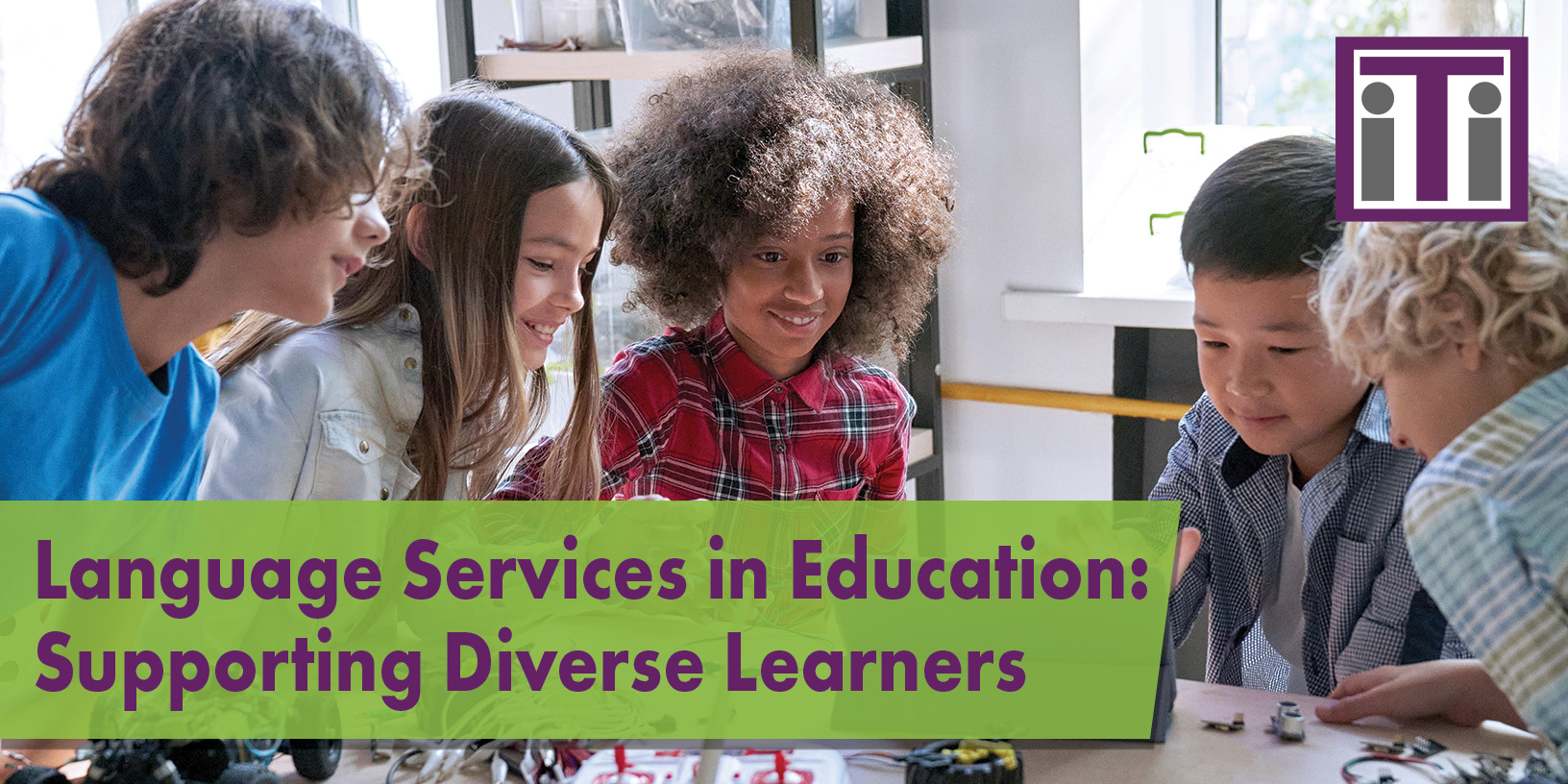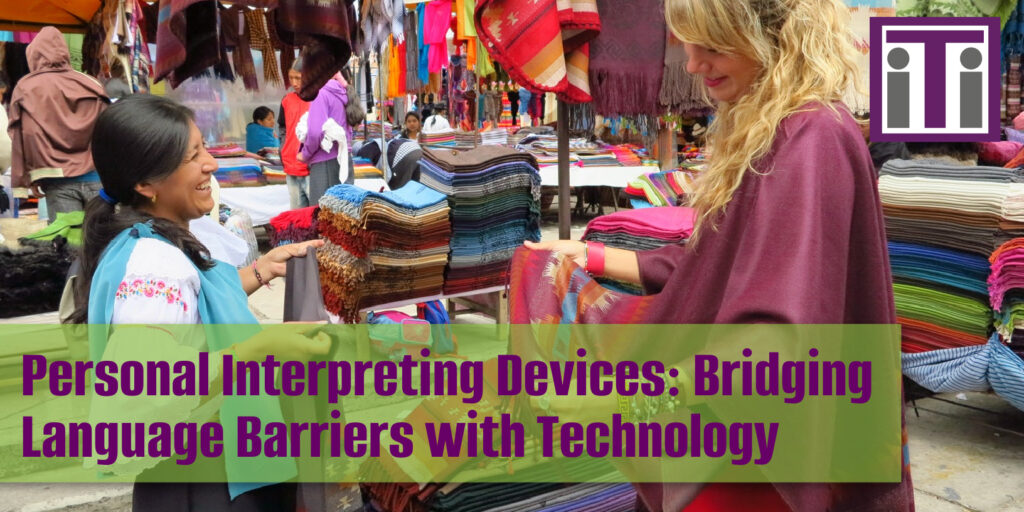Language Services in Education: Supporting Diverse Learners
Reading Time: ~3 mins

As communities continue to become more diverse, providing effective language services in education is crucial. Schools are increasingly recognizing the importance of supporting diverse learners to ensure every student has the opportunity to succeed.
Why Language Services Matter
Language services in education play a pivotal role in bridging communication gaps between students, parents, and educators. These services ensure that non-English speaking students and their families have access to the same educational opportunities as their peers.
Key Benefits of Language Services:
- Enhanced Communication: Facilitates clear and effective communication between educators and non-English speaking students and parents.
- Improved Academic Performance: Supports students in understanding and engaging with the curriculum.
- Inclusive Environment: Promotes a welcoming and inclusive school environment for all students.
- Compliance with Regulations: Federal laws require language assistance for students and families with limited English proficiency. Many states have statutes that strengthen these regulations.
Supporting Diverse Learners
Diverse learners, including those from different linguistic and cultural backgrounds, require specialized support to thrive academically. Language services can bridge the gaps, making sure all students have equal access to learning.
Promoting Cultural Competence in Education
Cultural competence in education is about understanding and respecting the diverse cultural backgrounds of students. Professional language services help schools foster an environment of cultural awareness and sensitivity.
Language Services for Education Include:
- Educational Interpreters: Professional interpreters who assist in classroom settings, parent-teacher conferences, and other school-related activities.
- In-Person Interpreting: Always the most effective method of interpreting, having an interpreter in the classroom, at an assembly, or present during a meeting builds rapport and ensures the clearest communication.
- Remote Interpreting: Interpreters can also participate remotely, via video remote interface or over-the-phone conference calls.
- Translation Services for Schools:
- Educational Materials: Textbooks, assignments, and supplemental materials in a student’s native language can greatly enhance their performance.
- Information for Families: School notices, applications, permission slips, and other communications that are shared with the students’ family members should also be available in the family’s native language.
Services for the Deaf and Hard of Hearing
Language services for education also include support for students and family members with hearing deficiencies. The Americans with Disabilities Acts (ADA) requires schools to provide accommodations, including the following:
- American Sign Language (ASL). A visual language with its own grammar and syntax, ASL interpreters can be used for many types of conversations.
- CART and C-Print Services. Best described as subtitles that are rendered live by a professional CART writer, these services are ideal for lectures because, in addition to assisting hearing-challenged students during the class, a complete transcript of the session is created as part of the process.
- CART services create a word-for-word transcript.
- C-Print transcripts are more condensed and summarized, like class notes.
iTi’s Commitment to Language Services for Education
We have many years of experience in both public and private education, and hold state contracts for language services in Connecticut, Massachusetts, New Jersey, and Rhode Island as well as a GSA Federal Contract. Talk to one of our experts today to learn more about how our services can support your school and community.
| Talk to an Expert |
Interpreters and Translators, Inc. is a full-service language solutions company based in Glastonbury, Connecticut. iTi is an NMSDC-certified minority owned business.





